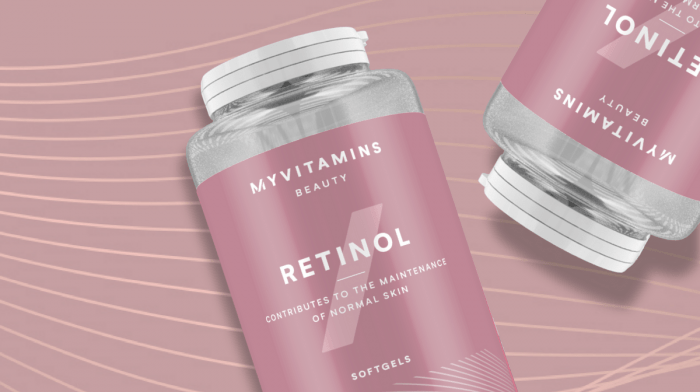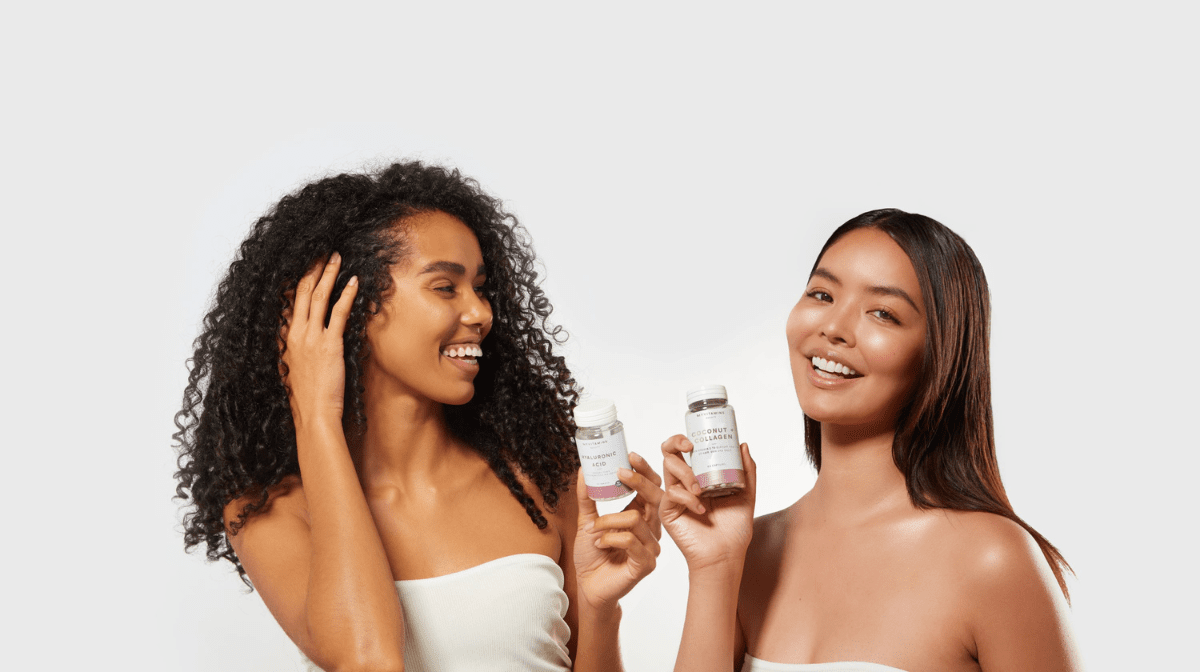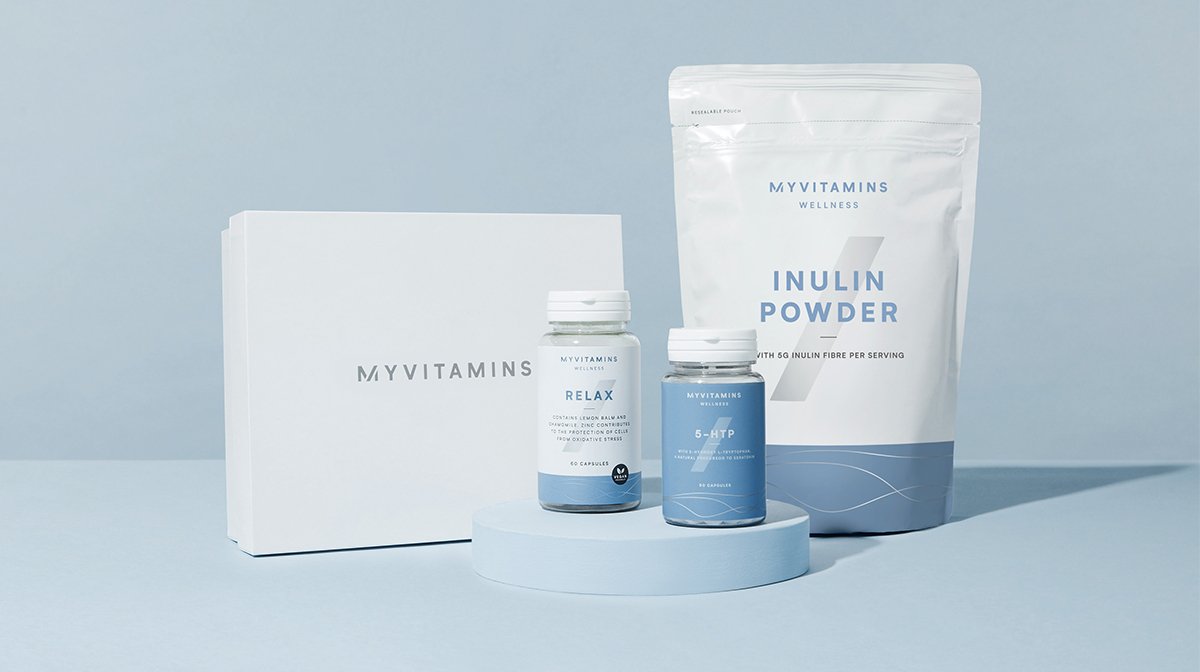What Are Zinc And Magnesium Good For?
Zinc and Magnesium are needed for a whole variety of bodily functions (mostly at a cellular level). However, each of these minerals has their own particular health benefits.
Benefits Of Zinc
Helps to soothe skin
Zinc has anti-inflammatory properties which helps to fight redness found in acne inflammation. Zinc is also used in the remodeling process of skin, which is important for healing skin and helps to prevent acne scarring.
Supports gut health
Zinc helps to maintain the mucosal layer of the gut, AKA the ‘filtering’ layer of the gut. This layer is needed to filter out bad bacteria and invading organisms, whilst allowing nutrients, minerals and good bacteria to pass through. Low levels of zinc may negatively impact the filtering capacity of the gut mucosa.
Immune-boosting properties
Zinc is important for the functioning of T-lymphocytes, a type of white blood cell. These blood cells work within the innate immune system, which mounts an immediate response to an illness. This immune system is the first line of defence against illnesses.
Maintains libido
Libido – or ‘sex drive’ – can be an indicator of overall health. Zinc is important for the storage of testosterone, the male sex hormone that is responsible for libido in both men and women. Zinc is also needed to maintain healthy sperm, an important aspect of fertility.
Supports healthy skin and nails
Zinc deficiency can lead symptoms such as hair loss, nail breakage, nail infections or general deterioration of nail health. Zinc is commonly found ‘beauty’ vitamins, as it may help to fight these symptoms, and promote the health of hair, skin and hails.
Prevention of mental health conditions
The role of zinc in the development of mental health conditions is still a relatively new area of research. However, zinc is known to be involved in the regulation of chemical signals within the brain. Low levels of zinc have been linked to mood disorders, as well as higher levels of the stress hormone cortisol.
Maintains vision
Zinc may help to prevent damage to the parts of the eye that receive images. These images are then sent to the brain for processing. Supplementation with zinc may help to prevent the development of degenerative eye conditions.









